
Welcome message
Chapter 13 of the National Development Plan of South Africa refers to the need for building a capable developmental state to fight against the triple challenges of poverty, inequality and unemployment (National Planning Commission, 2011). The same chapter laments poor capacity for craft competence and craft literacy across the three spheres of government and attributes these to “a complex set of factors, including tensions in the political-administrative interface, instability of the administrative leadership, skills deficits, the erosion of accountability and authority, poor organizational design and low staff morale” (National Planning Commission of South Africa, 2011:408). The National Planning Commission suggests that there is a need for stabilising the political-administrative interface, improving coordination within and across departments, professionalising the public service, developing technical and specialist professional skills, strengthening delegation, accountability and oversight, and improving intergovernmental relations while strengthening local government. It is against the background of these national imperatives and within the context of the dream, purpose and brand promise of the North-West University and the vision of the faculty that the vision and mission of the public affairs and governance focus area are crafted. The focus area seeks to develop scientific knowledge for the governance of public affairs from an Afrocentric perspective. It is envisaged that such knowledge production will result in craft literary and craft competence, which are critical for building a capable developmental state as envisioned in the National Development Plan. This aligns with the North-West University’s commitment to engaged scholarship and social responsiveness.
The vision of the Faculty of Humanities is to be an outstanding Faculty of choice that provides critical intellectual thinking about human experience and social good, engages in inclusive and ethical teaching and learning for all students, and affirms its African identity in its pursuit of excellence in scholarship and social responsibility.
Our vision and mission
Based on the aforementioned visions of the university and the Faculty of Humanities, this focus area's vision is to be an internationally acclaimed Afrocentric centre of excellence for research on the governance of public affairs.
The mission of the focus area is to develop Afrocentric organisational, administrative, and political science knowledge for application to the governance of public affairs.
About our research
The focus of our research is the governance of public affairs, more specifically, it will focus on the theory and praxis of government and non-government actors at the local, provincial, national and international levels and their role in the formulation and implementation of public policy for the governance of public affairs. The entity seeks to improve the knowledge of the governance of public affairs using developing an Afrocentric knowledge about the quality of governance of public affairs, specifically in the fields of organisational, administrative, and political science.
The overall scientific focus of the entity is divided into the following sub-programmes focusing on specific public affairs, which are the research interests of members of the proposed entity:
- The environmental affairs sub-programme focuses on managing interests related to natural resources such as energy and water, and it also focuses on climate change and food security which are topical issues in Africa currently;
- The innovation in the public sector research sub-programme is aimed at research on the creation, fostering and diffusion of new ideas, processes, structures, systems and approaches meant to improve the functioning of the public sector as well as its products and services, philosophy of public sector innovation, and citizen-centric approaches to service delivery;
- The public policy sub-programme focuses on decision-making by state and non-state actors, monitoring and evaluation of public policy, public-private partnerships, migration, international political economy and local economic development;
- The democracy and security sub-programme is aimed at the advancement of inquiry into African politics and democracy, understanding the evolution of societies and their architecture, local government, peace studies, elections, International Relations, regional integration, and social cohesion;
- The political and administrative philosophy and praxis sub-programme attend to societal ethics and norms embodied in administrative actions, assessing the extent to which public institutions and citizens are committed to values such as ubuntu, social justice, and honesty.
Communique: AGoPA, 1st International Conference, 2024
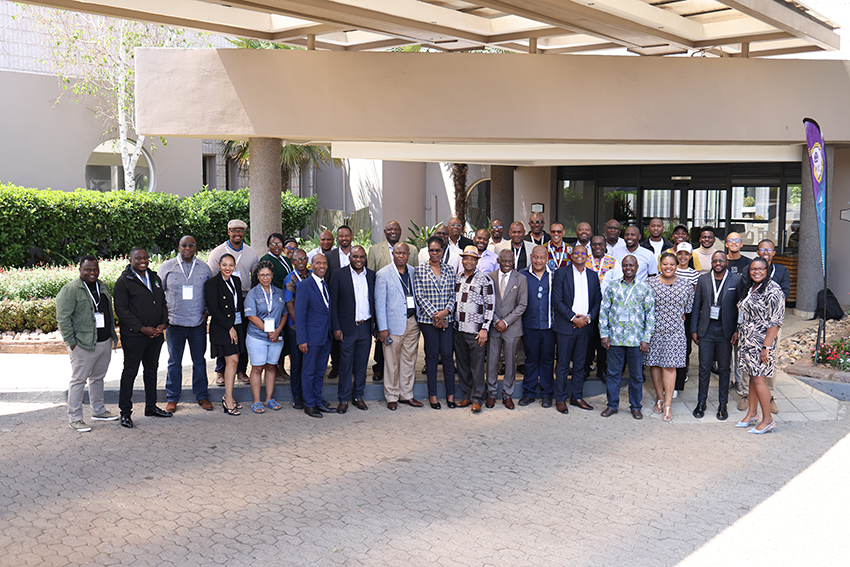
The Afrocentric Governance of Public Affairs (AGOPA) research entity, at the North-West University, held a successful two-day International Conference at Riverside Sun Hotel in Vanderbijlpark, Gauteng, South Africa, from 10th to the 11th of October 2024. The main theme of the conference was “Reflections on Afrocentric Governance in the 21st Century: Defiers of Advances, Dilemmas of Prospects".
The conference was graced by the presence of high-profile individuals involved in public affairs such as Prof John Nakabago, President of the African Association for Public Administration and Management (AAPAM) (Chief Guest), Mr Dumisani Hlophe, the Deputy Director-General of the DPSA, Prof Happy Kayuni, the Executive Dean, School of Law, Economics and Governance, University of Malawi, Dr Caiphus Chekwoti, Head of Trade Policy Training Centre in Africa, at Eastern and Southern African Management Institute, Dr Patricia Achan Okiria, deputy Inspector General of the Government of Uganda, Prof Samuel Chasukwa, University of Malawi and Dr Innocent Nuwagaba, Uganda Management Institute, among others.
Conference delegates were welcomed by Senior Management of the NWU namely Prof Jeffrey Mphahlele, Deputy Vice-Chancellor: Research and Innovation and Prof Sibusiso Chalufu, the Deputy Vice-Chancellor: Planning and Campus Operations (Vanderbijlpark Campus). Representing the Faculty of Humanities, Prof Costa Hofisi, research director of AGoPA, received delegates and explained the significance of hosting the conference. Prof Hofisi challenged the attending scholars to interrogate the goals of Afrocentric governance and functional integrated governance policy by examining the intricately linked pillars of Afrocentric principles and impactful governance in Africa.
The Conference had over 60 attendees and presenters from local and international universities on the African continent, as well as public and government institutions within and across the borders of South Africa. A total number of sixty-four (64) research articles were scheduled for presentation. A packed and exciting conference programme included breakaway presentations and discussions; a panel discussion on day one about Afrocentric Governance in a changing world: challenges and opportunities as well as a PhD seminar on scientific writing which was well attended. Day two comprised an insightful keynote address by the DDG of the DPSA, a panel discussion titled, Thinking about Coalition Governance: challenges and opportunities, breakaway presentations and discussions and the official closing where highlights of the conference were ruminated and closing remarks were delivered.
Following a successful 1st International Conference of the Afrocentric Governance of Public Affairs (AGoPA), the recommendations that followed can be summarised as follows:
- There is a need for African leaders and government to channel efforts to identifying African values and ideals that can promote Afrocentric governance in the 21st century.
- There should be more emphasis on the de-colonisation of educational curriculum across universities in Africa and its revision to enhance African values and philosophy, which in the long run, would constitute the basis for African governance systems
- African governments should not be quick to discard Euro-centric governance system, but they should blend it with the African model.
- Strong political will and good leadership are critical in achieving Afrocentric governance in the 21st century Africa
- Reconstructing and re-thinking of the African states in terms of critical examination of what the ‘state’ stands to gain from Afrocentric governance is instrumental to public accountability and good governance in Africa.
- There is a need to rebuild the electioneering process in Africa along African values, cultures, and principles, in such a way that African leaders with exemplary track record of selfless public service ascend power.
- African governments should be more endearing to digitalise Afrocentric governance systems.
- Parliaments across African states should intensify legislation that promote Afrocentric governance.
- African governments should partner religious bodies, civil society organisations, and non-governmental organisations in the execution of African values that can promote Afrocentric governance.
- Lastly, for Africa to experience genuine Afrocentric governance in the 21st century, its philosophical viewpoint, strategies, and actions of its political leadership must seek and advance Africa's interests.
Appreciation
The Conference Convenors, Local Organising Committee, and the Faculty of Humanities, NWU would like to express profound gratitude to all the guests who attended and participated at the 1st International Conference of the Afrocentric Governance of Public Affairs (AGoPA), South Africa. Your insightful research presentations were invaluable in making this inaugural event a resounding success. The exchange of ideas and knowledge sparked meaningful conversations that will continue to shape our collective work in the field.
We greatly appreciate the time, effort, and intellectual rigour you brought to the conference. Your contributions helped to create a dynamic and engaging environment, and we trust that you found the experience as enriching as we did.
We look forward to welcoming you again at our next conference in 2025 and continuing to collaborate in advancing research and discourse.
Professor Costa Hofisi
Director, AGOPA
Communique prepared by Prof Melvin Diedericks
The team
Dr Pumlani Majavu
Mr Benjamin Rapanyane
Prof Johann Tempelhoff
Postdoctoral students
Dr Samuel Agunyai
Dr Lewis Chigova
Dr Mirriam Hofisi
Dr Nicholas Erameh
Our partners
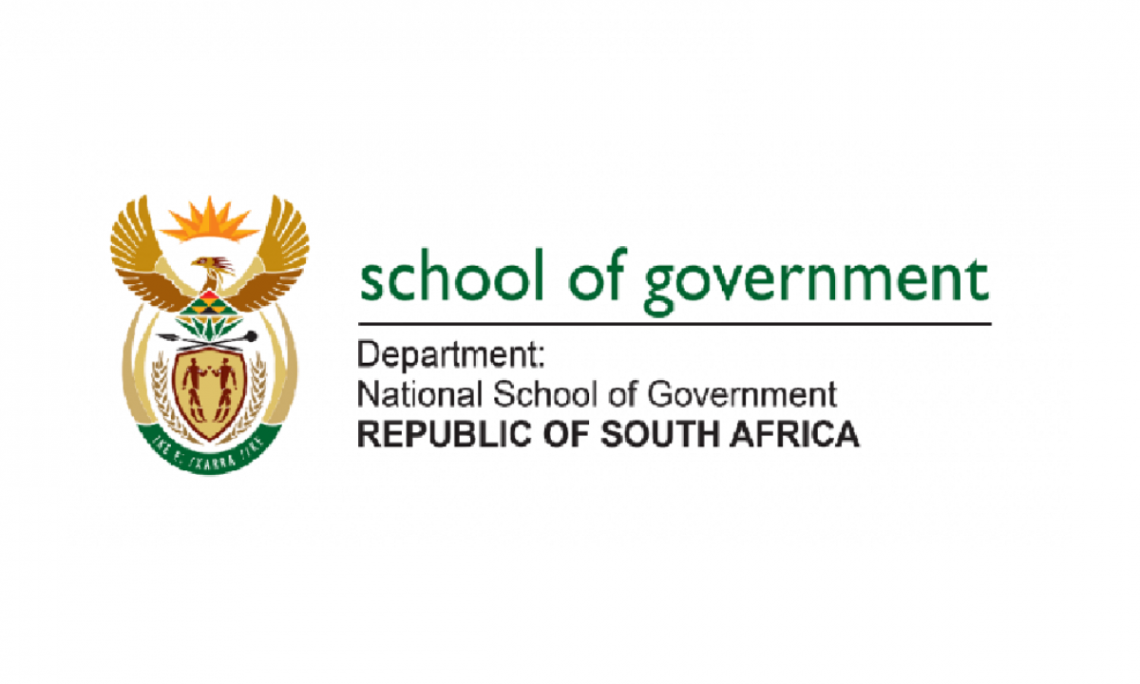

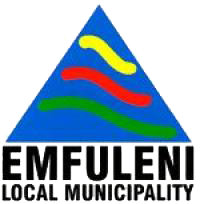


.png)
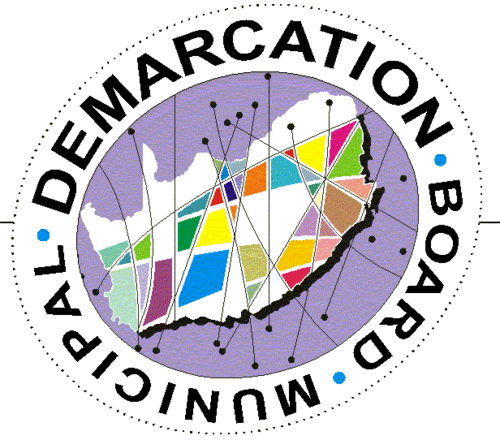


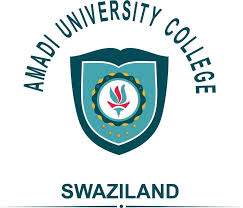
Contact us
Research director
016 910 3455
Administrative assistant
018 285 2583
